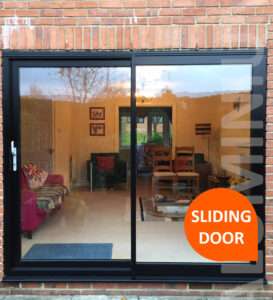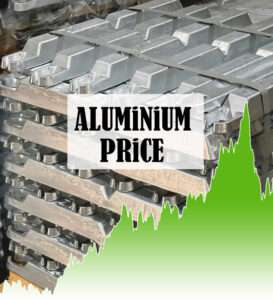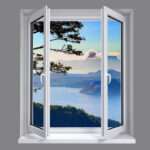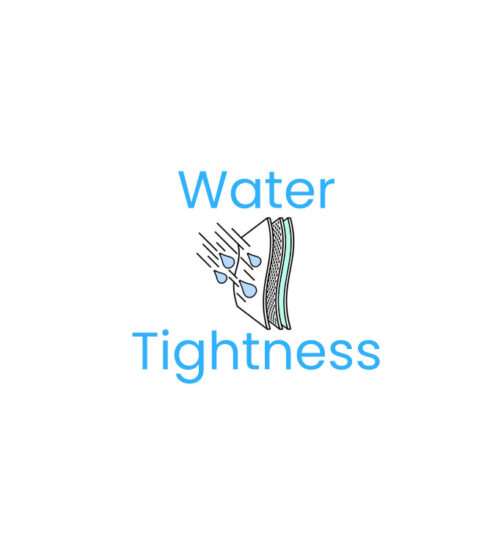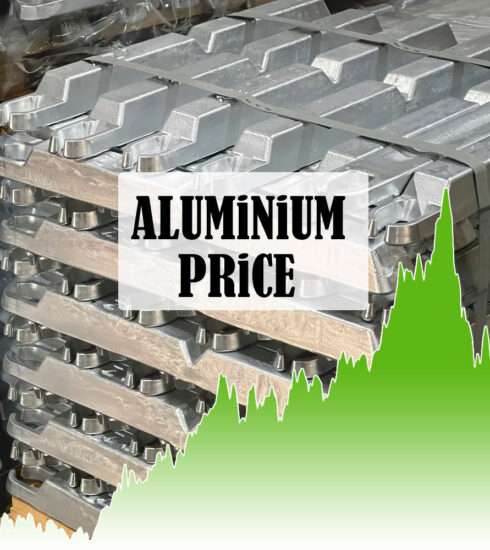Laminated Glass – Soundproof, Cheaper, Toughened, Breakable
Laminated glass is made differently. It’s like a sandwich of two glass layers with a really strong and sticky layer in the middle. This sticky layer holds the glass together, even if it breaks. This is why it’s used in places where safety is really important, like in cars and buildings. So, if something hits the glass, it might crack, but it won’t fall apart and cause harm.
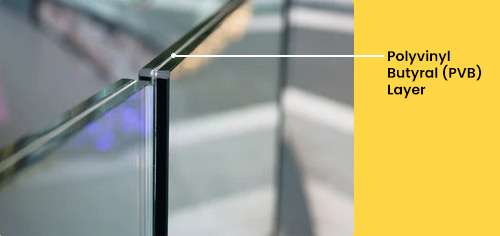
And that’s not all! Laminated glass also helps to make things quieter inside because it’s good at stopping outside noises from getting in. It’s like having a buffer against loud sounds. Also, you know how the sun’s rays can be harmful to our skin and can make things fade? Laminated glass is like sunscreen for our buildings and cars. It stops a lot of the bad sun stuff from coming through, so things inside stay safer and don’t get damaged as easily.
Does Laminated Glass Provide Soundproofing?
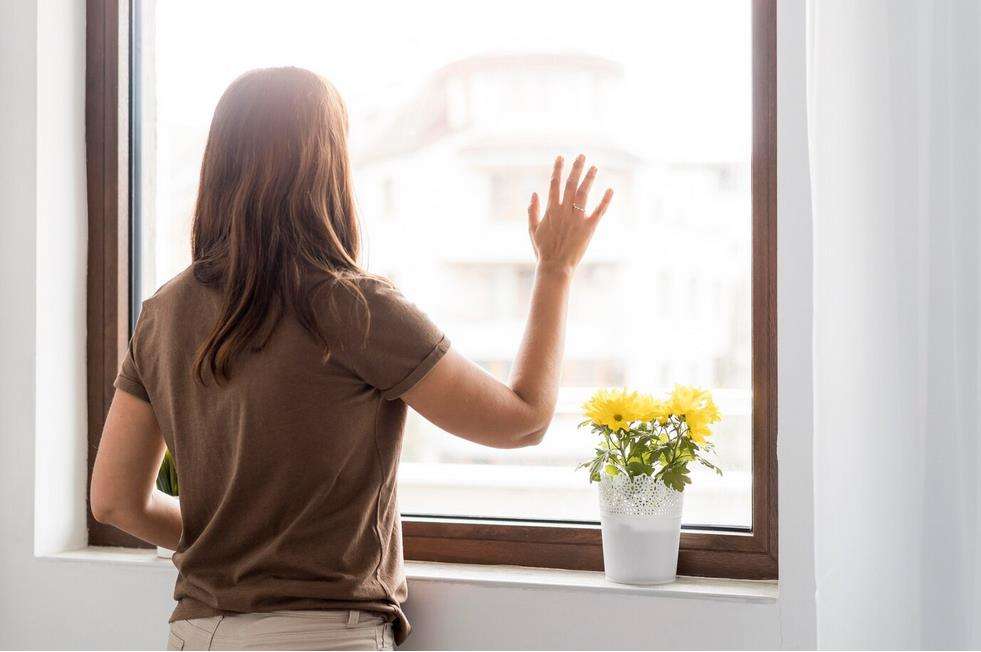
Laminated glass doesn’t make things completely quiet, but it does help make things quieter inside a building. It’s made by putting a layer of plastic between two pieces of glass. This design makes it harder for sound to pass through.
How well the laminated glass reduces sound depends on a few things, like how thick the glass and plastic layer are, the space between the glass, and how the whole window is built. Thicker glass and more space between the glass can make things even quieter.
Laminated glass can be really good at reducing noise in buildings that are in noisy areas. But remember, even with this glass, you might still hear some outside sounds. To make things as quiet as possible, you might need to do other things too. Stuff like sealing gaps around windows and doors, or using special sound-absorbing panels.
Is Laminated Glass unbreakable?
Laminated glass, also called safety glass, is a type of glass that is much harder to break than regular glass. While it’s not completely unbreakable, laminated glass is tougher and tends to stay in one piece even when it shatters. This is because it has a special layer in the middle made of a material called polyvinyl butyral (PVB) or ethylene-vinyl acetate (EVA), which holds the broken pieces together. This helps prevent injuries from sharp glass pieces.
If laminated glass does break, it usually forms a pattern that looks like a spiderweb with cracks all over it. But the broken pieces usually stick to the special layer, so they stay together and don’t fall apart. This makes laminated glass safer in situations where safety is really important, like in car windshields, windows in buildings, and glass railings.
But remember, even though laminated glass is really strong, it can still break if something hits it really hard.
Laminated Glass Vs. Toughened Glass Vs. Tempered Glass
Laminated glass and toughened glass are two different kinds of glass, each with unique qualities and ways they are made.

Laminated Glass is like a sandwich of layers that are stuck together with a special middle part. This special part stops the glass from breaking into dangerous pieces if it gets hit.
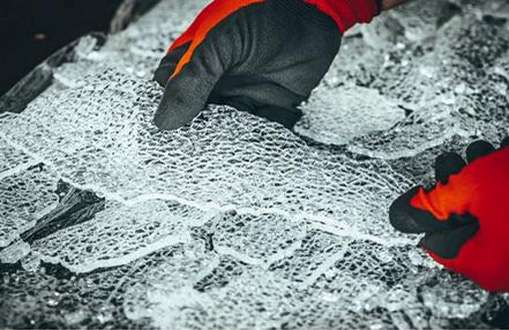
Toughened Glass is made stronger by heating it up and then cooling it quickly. When it does break, it breaks into small, less harmful pieces.

Tempered Glass is made by heating regular glass and then rapidly cooling it. This process makes the glass much stronger than regular glass, able to withstand impacts and pressure better. When tempered glass breaks, it shatters into small, round pieces (similar to pebbles) instead of sharp shards. These small pieces are less likely to cause serious injuries.
So, in simple terms, laminated glass doesn’t shatter easily because of its middle part, and toughened glass is tougher and breaks into safer bits. Tempered glass is tougher and breaks into small, safe pieces, making it suitable for safety-critical applications.
Is Laminated Glass bulletproof?
Laminated glass offers varying levels of bullet resistance based on construction and thickness. It finds application in bullet-resistant scenarios but isn’t universally deemed ‘bulletproof.
Is Laminated Glass Expensive?
The cost of laminated glass can fluctuate based on several factors, including size, thickness, quality, and any specific customization or additional features needed. Typically, laminated glass carries a higher price tag compared to standard annealed glass. This is primarily attributed to the supplementary manufacturing process and materials required for its production.
Are laminated glass are heavy?
Yes! Compared to regular annealed glass of the same thickness, laminated glass is slightly heavier due to the presence of the interlayer.
Does Laminated Glass fade?
Laminated glass is renowned for its exceptional resistance to fading. It is formed through a meticulous lamination process, wherein a layer of either polyvinyl butyral (PVB) or ethylene-vinyl acetate (EVA) is interposed between two layers of glass. This lamination technique bestows numerous advantages, including heightened durability, sound insulation, and safeguarding against fading.
The PVB or EVA interlayer within laminated glass is carefully formulated to obstruct a notable portion of ultraviolet (UV) radiation. UV rays are primary culprits behind the gradual deterioration of materials such as fabrics, artwork, and furniture. By impeding a substantial portion of UV rays, laminated glass acts as a protective shield, preserving the interior of buildings or vehicles from sun-induced fading.
However, that while laminated glass significantly diminishes the effects of fading, it cannot entirely eradicate them. Over an extended period, exposure to sunlight may still lead to minimal fading, albeit at a considerably slower pace compared to materials directly exposed to the sun.
To further fortify its resistance against fading, certain types of laminated glass may incorporate supplementary coatings or films designed to augment UV protection. These enhancements offer superior defense against fading by obstructing a heightened level of UV radiation.


